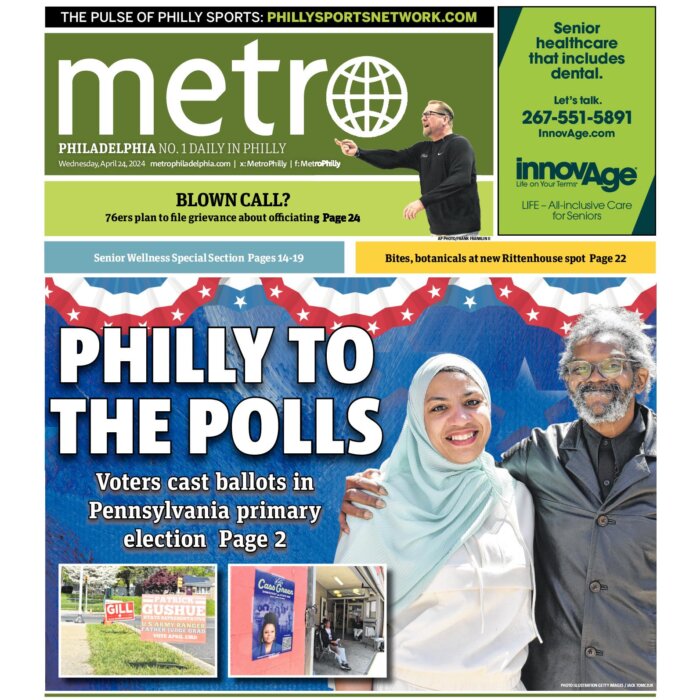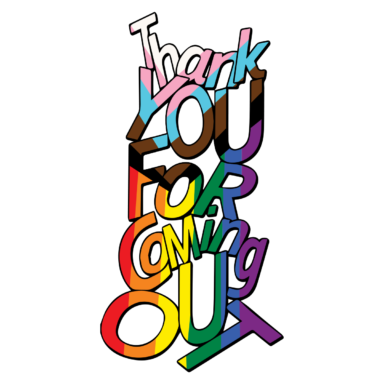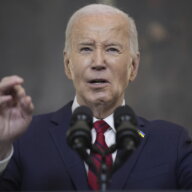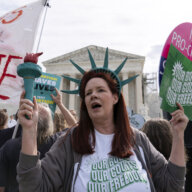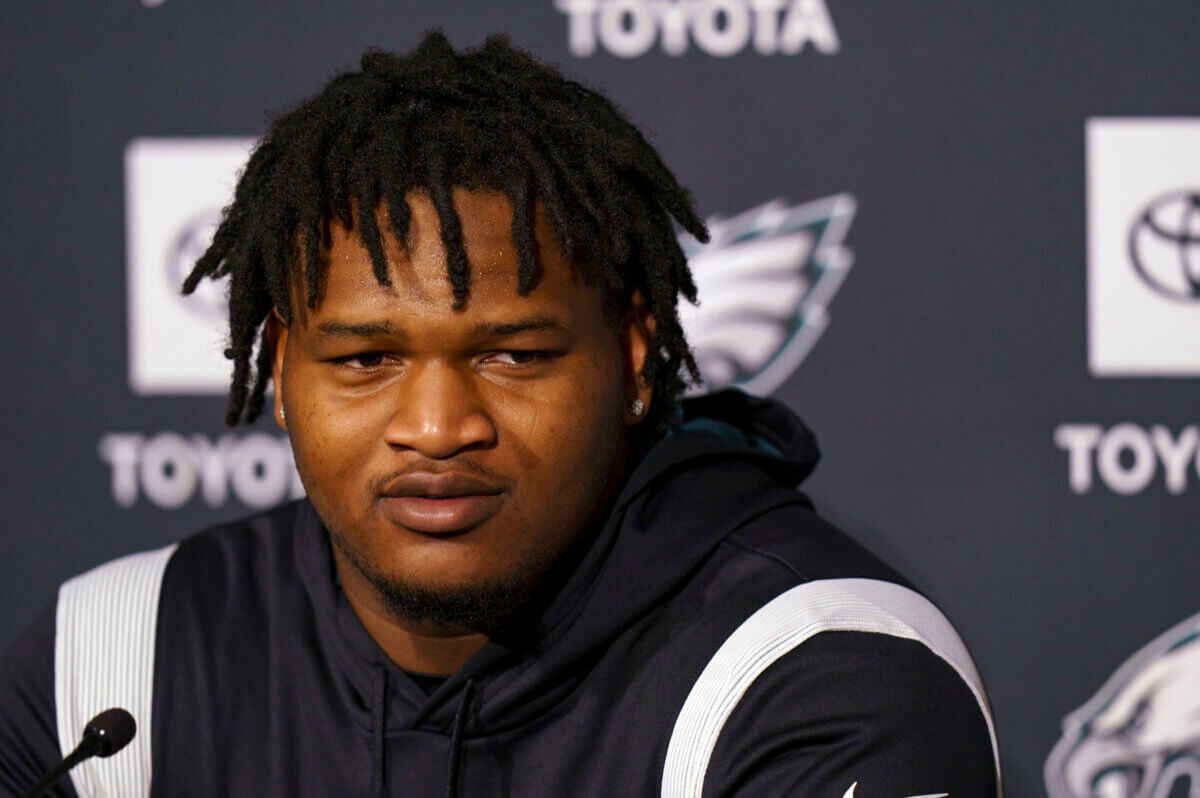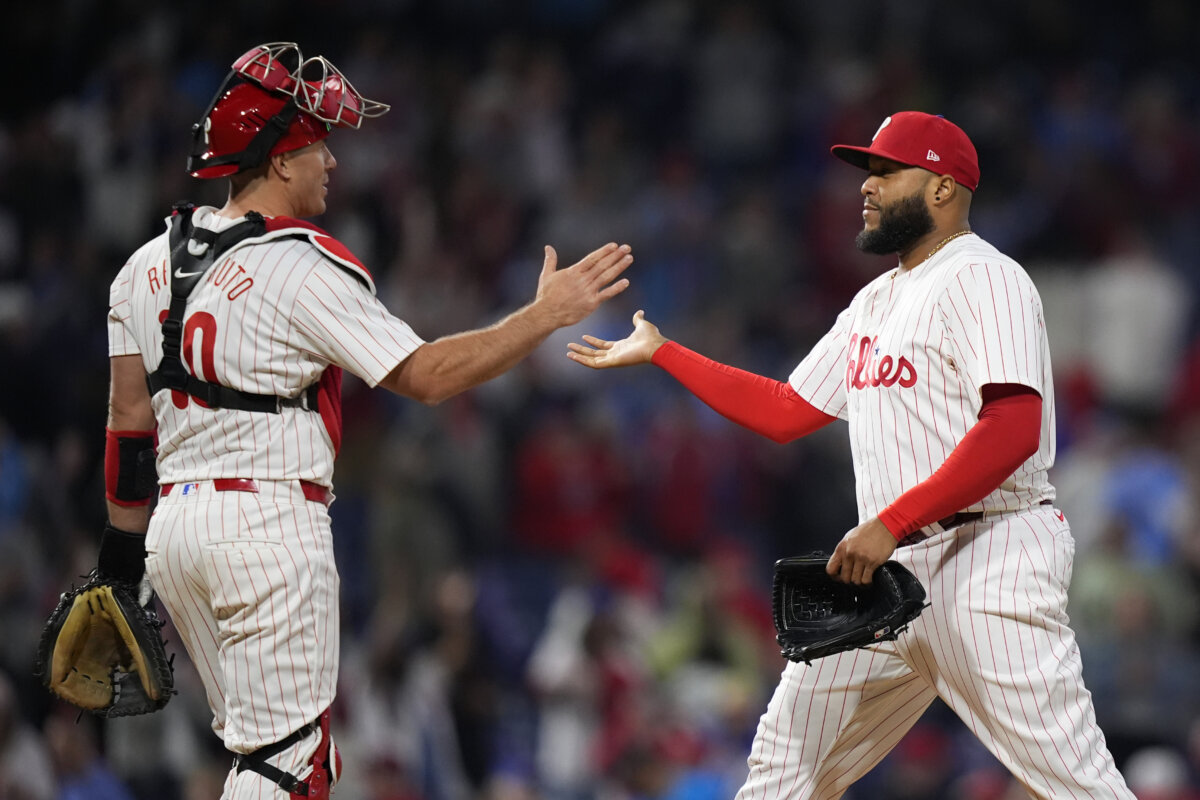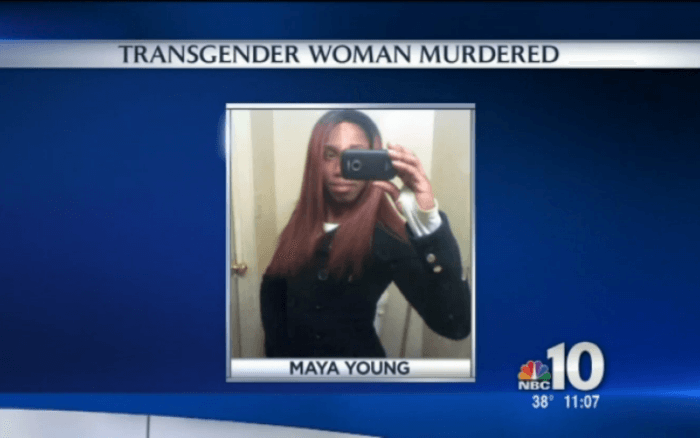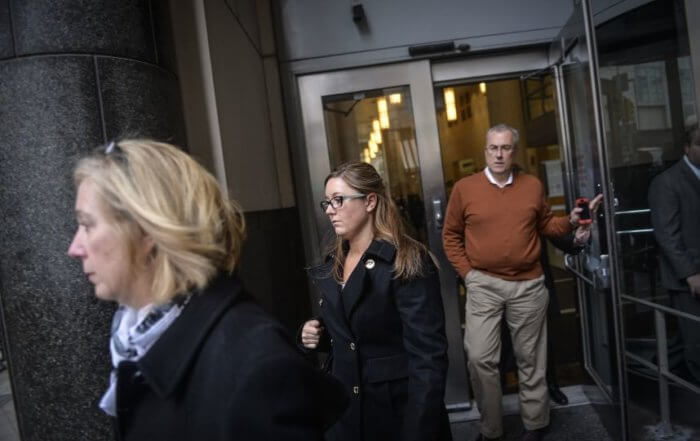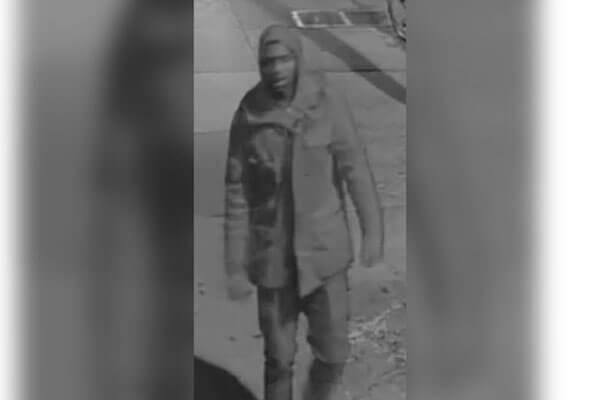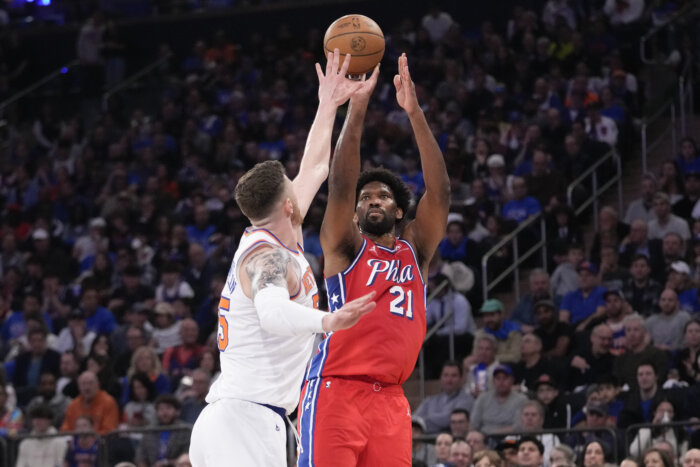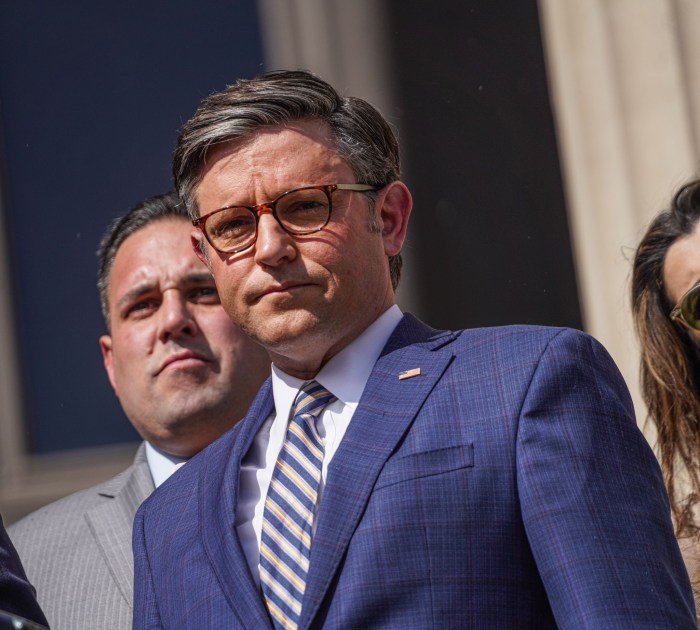There is racism in the Gayborhood. I know this because black and brown people who live in, shop in, work in, and otherwise come to the Gayborhood like I do, have been saying so for years.
That this fact has been so difficult for some of the communities of Philadelphia, and for the city’s LGBTQ communities in particular, to recognize is more than just disheartening, it’s dangerous. Racism means more than just a police force that targets black and brown men, a dress code intended to exclude racial and ethnic communities, or an immigration officer checking the “papers” of a Spanish-speaker they think looks like an “illegal.”Racism also means limiting the ability for black and brown employees to climb the ranks in their jobs. It means using their “cultural competency” like it’s a part of their job description. It means expecting black and brown employees to “assimilate” their language or cultural expression in order to better fit into environments defined without diversity to begin with. This seems to be a sticking point for many deniers: the idea that because racism includes acute acts of physical or psychological aggression towards black and brown people, it can’t include, or no longer includes, chronic or latent aggression towards them as well. We all seem to agree that choosing not to hire a black or brown candidate because of their racial or ethnic background is discrimination, but we should also understand that underpaying, underpromoting, and underdeveloping black and brown employees is discrimination as well. Black and brown LGBTQ people are all too often recruited to be the face of service organizations or businesses because doing so helps promote their image, while simultaneously relegating them to front-line or service positions. RELATED: Philly’s queen community of color demands change When it comes specifically to the Gayborhood, businesses and organizations that serve the LGBTQ communities aren’t absolved from responsibility for discrimination because of who they serve, in fact many deserve to be held to the higher standards that they themselves have promoted. Acknowledging the epidemic of trans murders across the nation is a necessary first step, but acknowledging that in work environments trans women are often pitted against each other, hypersexualized, and tokenized is just as important to advancing rights and understanding as well. For all the national discussion about understanding the transgender community and which bathrooms people use, there seems to be a serious lack of understanding and empathy for the day-to-day hardships faced by many trans men and women, and trans women of color in particular. It is far too common for employers that tout their inclusivity and diversity externally, to tokenize internally, and the harm and the resentment it creates are painful. Whether in casual conversations, meetings, social groups, or working groups, expecting that black and brown employees will be translators between their less diverse organization, and the communities of color they serve is pandering, not serving. Philadelphians show the nation every day that we are a city that does righteous indignation well. We have rallied, marched, and risen up in the wake of a divisive Presidential election. Every day a new leader in the resistance takes her or his place on our street corners and in our community centers. Despite our collective opposition to the hateful policies and rhetoric, there is still racism in the Gayborhood and it is incumbent upon us to stop it.
During a recent meeting with the Black & Brown Workers Collective, a group made up of advocates and activists that organized to combat racial and ethnic injustices and inequity in and around the region’s non-profit organizations, boards of directors, and employers, I was asked to get louder, show my support, and be a better ally. From promoting collaboration and lifting voices of equality to admonishing discrimination, I owe it to the people who elected me, and to the communities I can most impact, to be louder and set the best example of a genuine ally as I can. At a time when being an “ally” and recognizing one’s “privilege” are quickly becoming just liberal buzzwords, there has never been a more important time to act substantively as an ally in support of black and brown people in the Gayborhood, and everywhere else. There is racism in Philadelphia and in its Gayborhood. It is toxic and obvious, and there has never been a more important time for us to fully see it, and end it.
I know these last several months have been difficult and filled with turbulence and turmoil in many areas of our lives; however, I have faith in us and in our resiliency. Our community has never met a challenge it could not overcome together. Brian Sims represents Philadelphia’s 182nd District —including the area known as the Gayborhood —in the Pennsylvania House of Representatives.
Gayborhood’s ‘dangerous’ climate
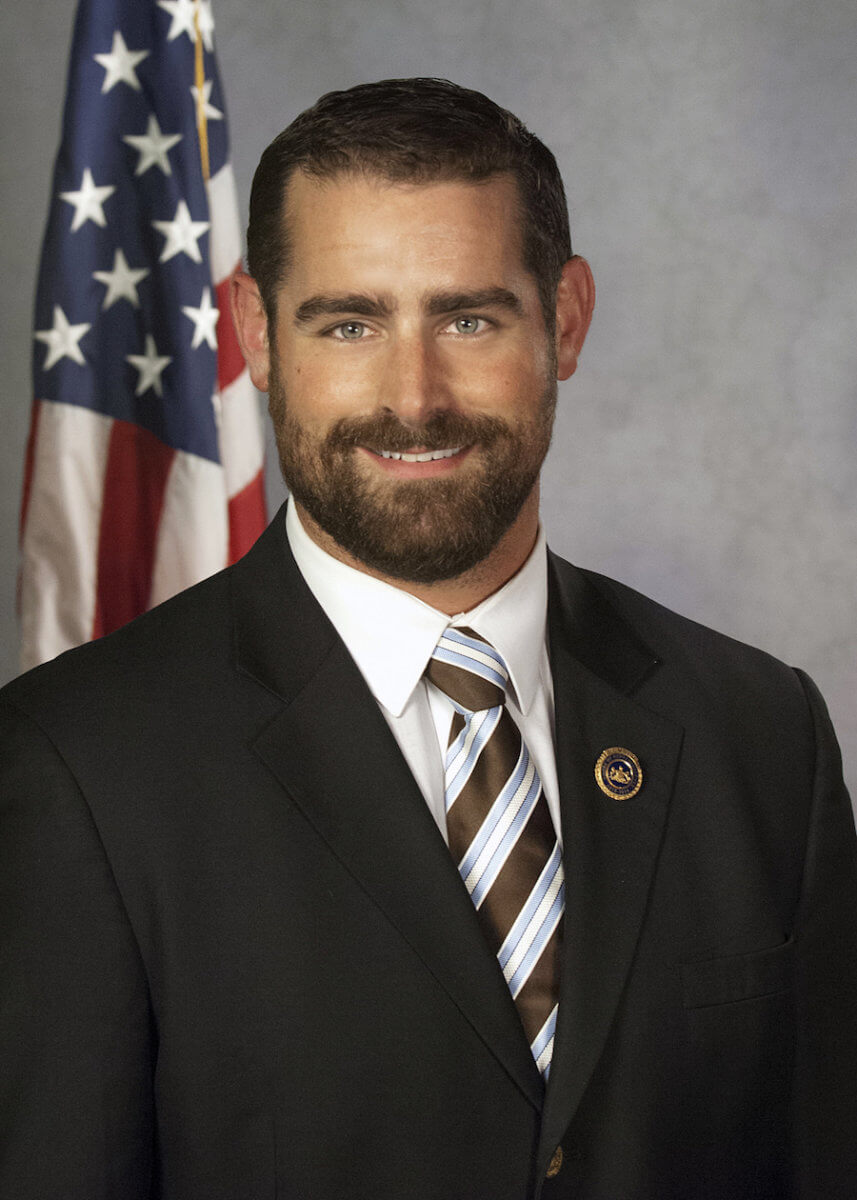
Creative Commons
